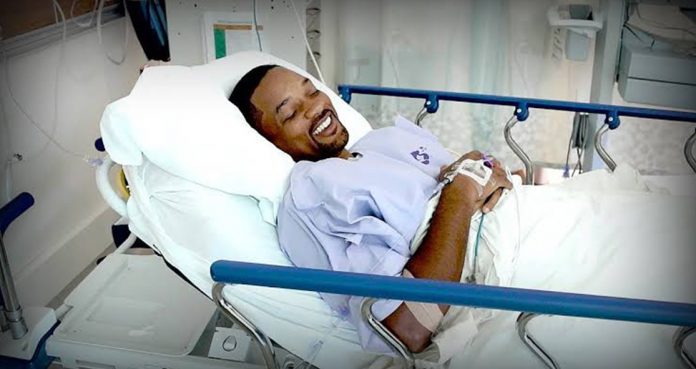Will Smith’s doctor, Dr. Ala Stanford, might have potentially saved the actor’s life by advising him to get a colonoscopy done as he turned 50.
Smith not only agreed to under a colonoscopy but also documented it on video.
After a few days of the procedure, Dr. Stanford called Smith and informed that he had a polyp that was removed from his colon. It was found that his polyp was a tubular adenoma.
Dr. Stanford said, “95 percent of colon cancers arise from that type of polyp that was in your colon.
“Had you not known, it continues to grow and grow and grow and in African-American men in particular, the right colon is where cancer is high because it’s the biggest part,” the doctor explained. “Yours was on a side that would’ve been more advanced, you would’ve had fewer typical symptoms and by the time you presented it could’ve been full-blown and spread throughout your body.”
Most African-Americans are likely to develop colon cancer at a younger age. Even when they are diagnosed at an early stage, their survival rates are significantly worse, per the National Cancer Institute (NCI).
Dr. Stanford continued, “What that means is. Thank you for being a compliant patient and listening when I said, ‘Will, you need to get a colonoscopy.’ We know that screening and early detection saves lives.”
It has been found that only about 50 percent of Americans follow their PCP’s advised to get a colonoscopy and Smith is amongst them. It is important to note that not getting screened could have dangerous consequences.
“Colorectal cancer is second only to lung and bronchial cancers in cancer-related deaths, claiming about 50,000 lives each year,” according to the American Cancer Society. Dr. Stanford explained to Smith that he would need another colonoscopy in a couple of years. She also noted that the actor leads a healthy lifestyle, citing the importance of getting screened even after eating well and exercising.























